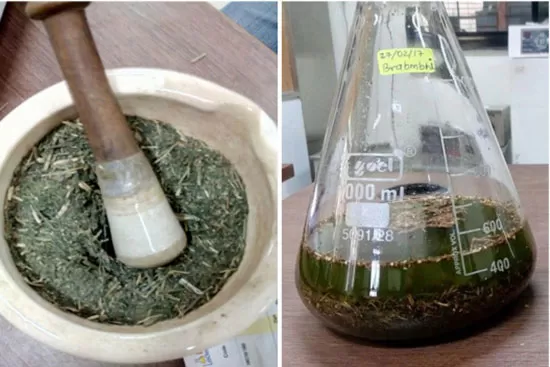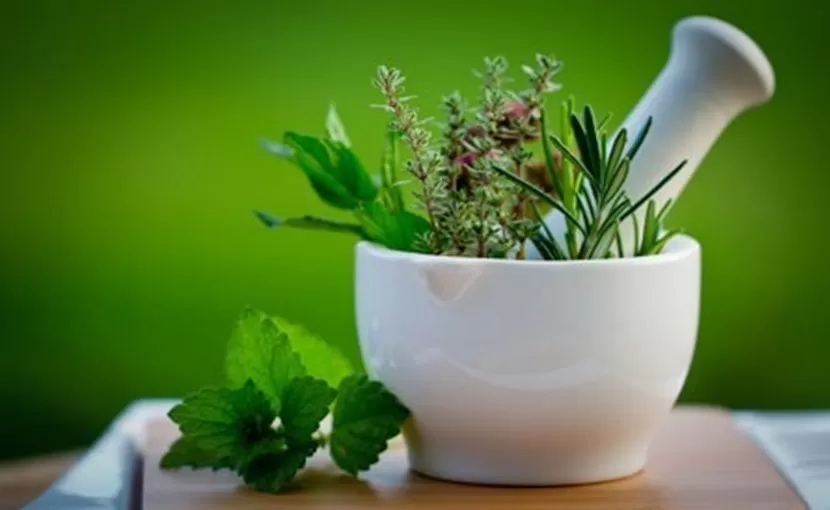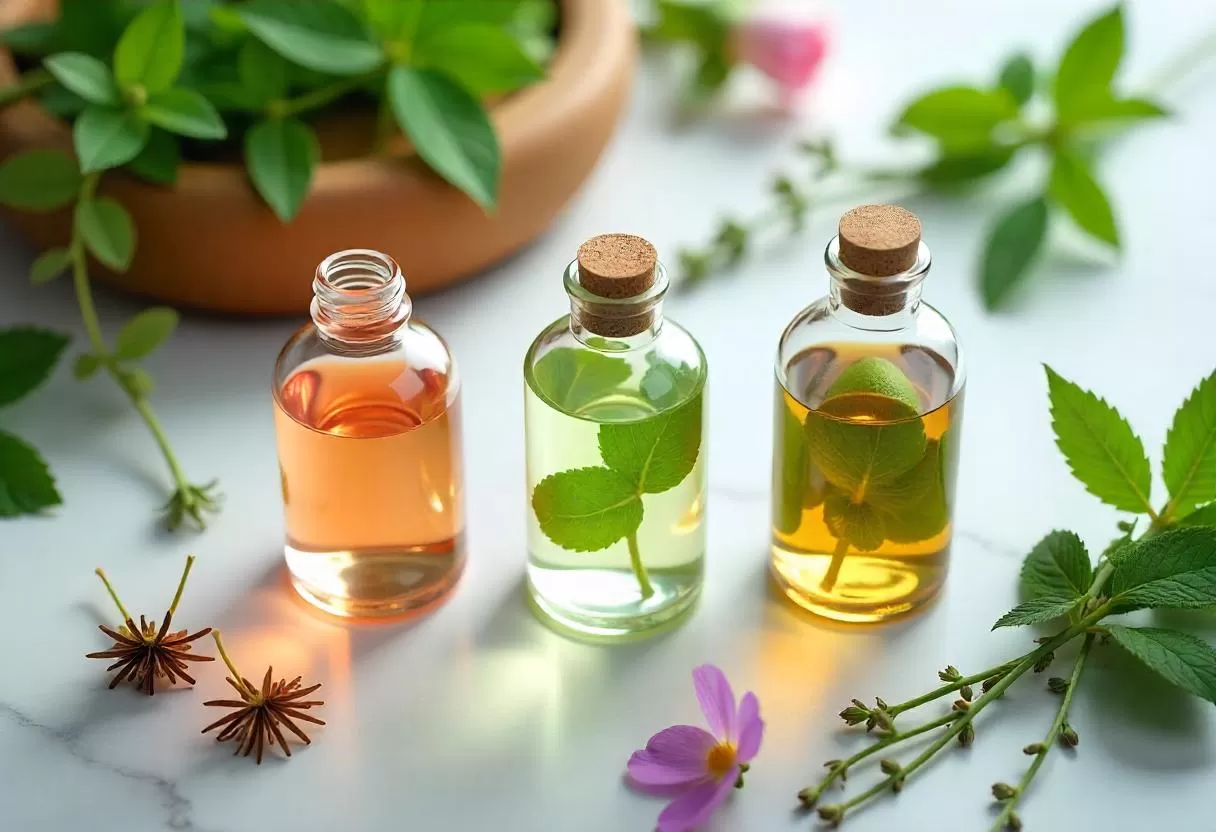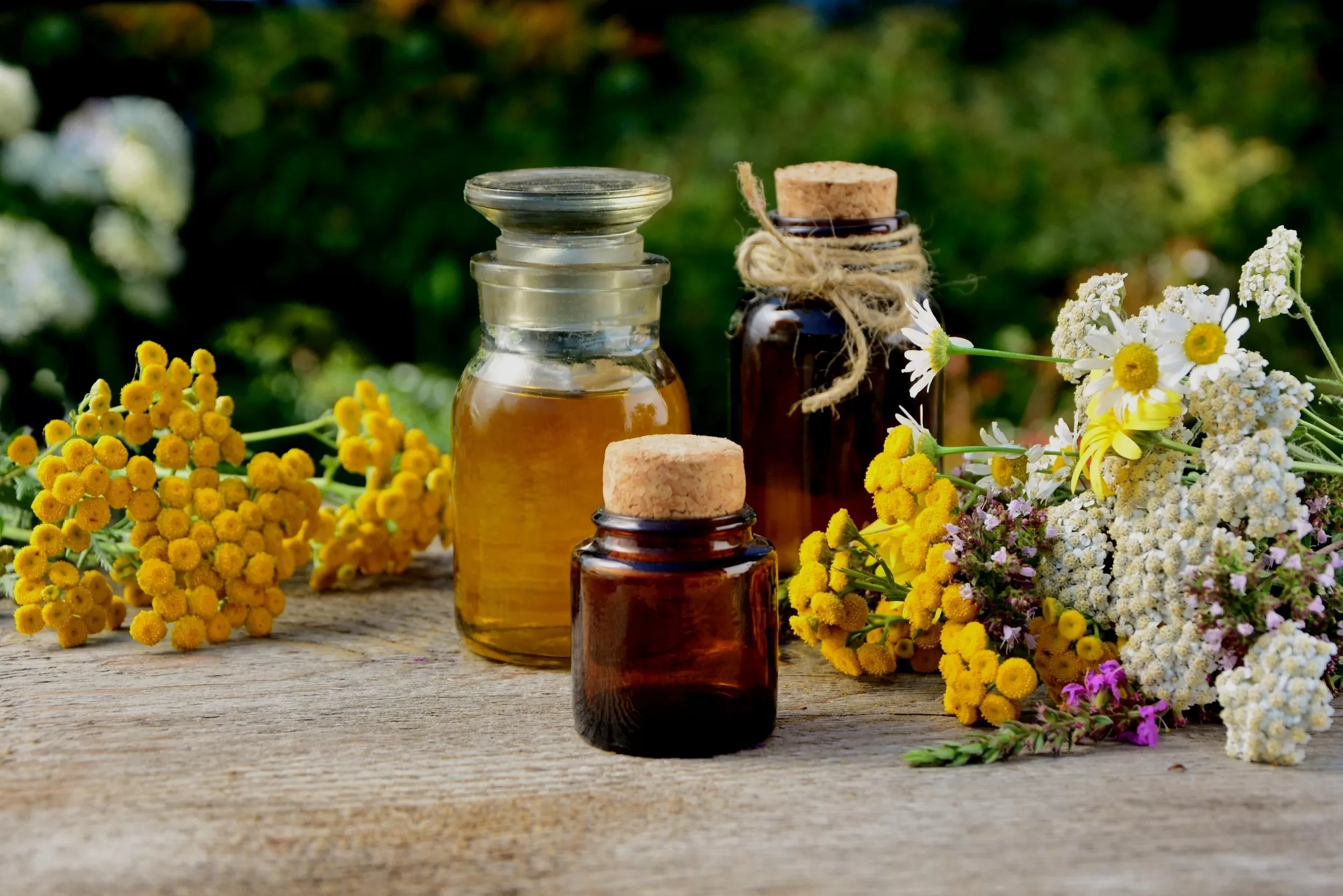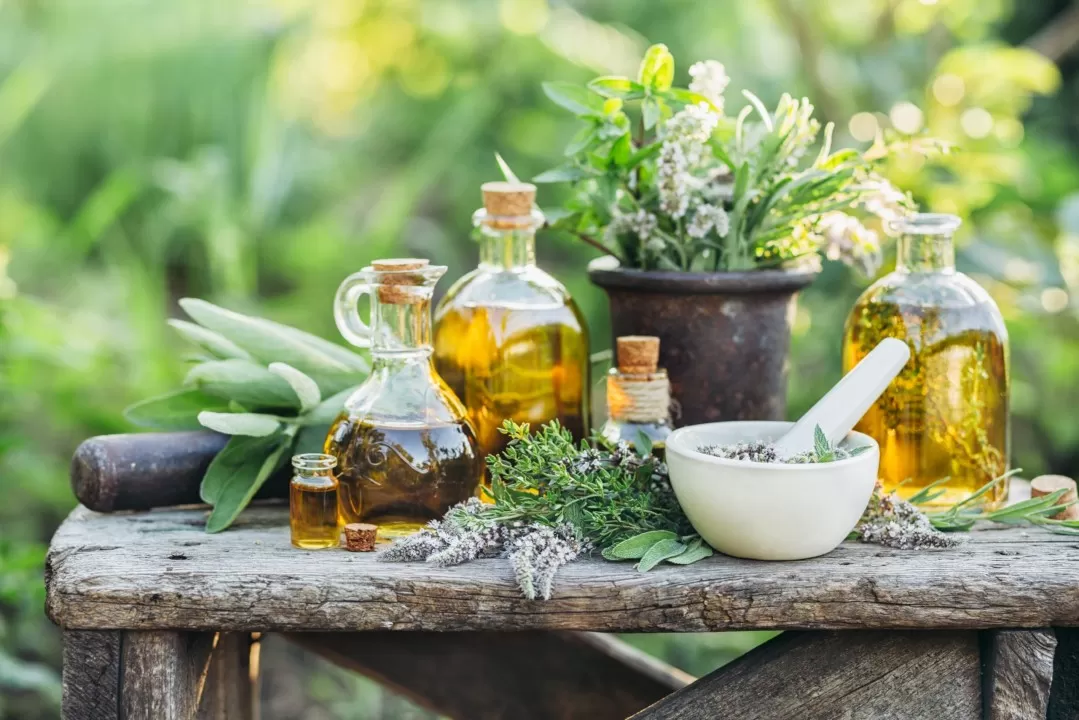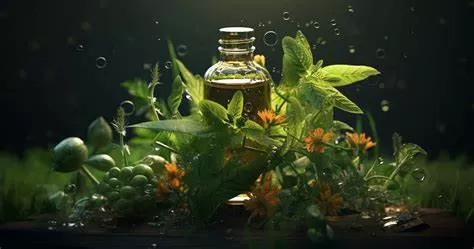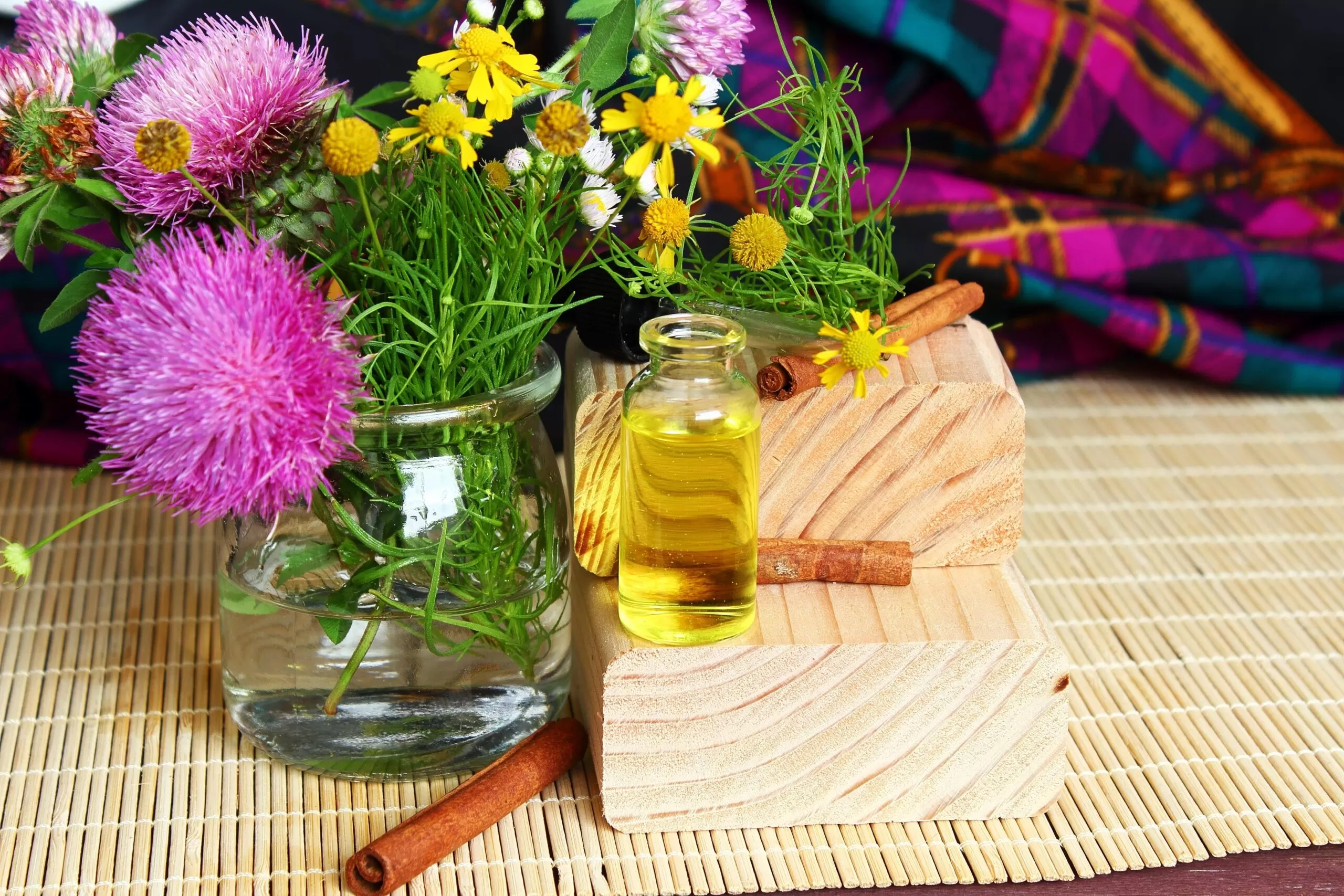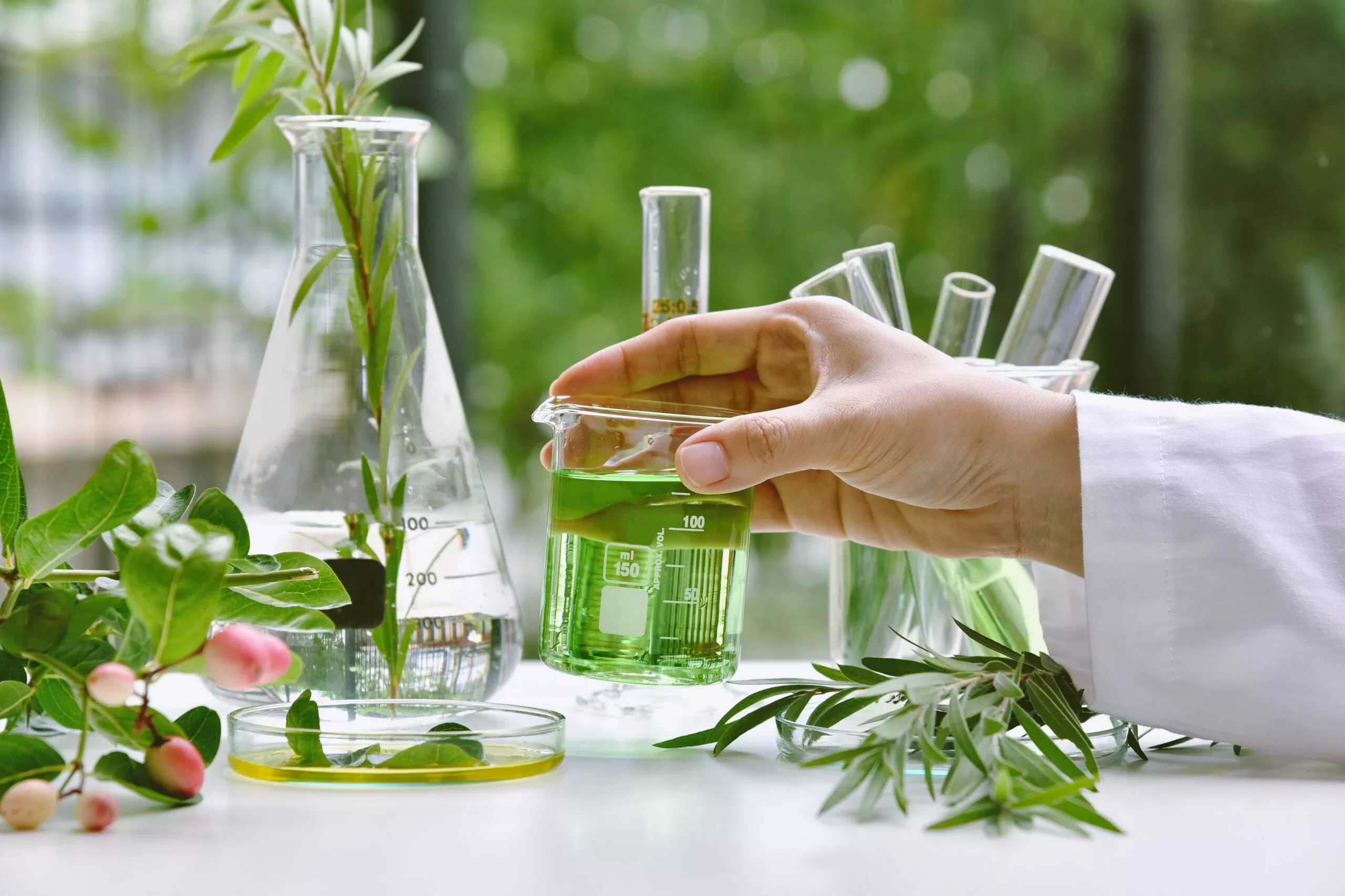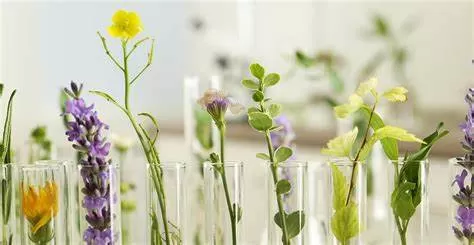- 0086-571-85302990
- sales@greenskybio.com
Are plant extracts good for you?
2025-03-23
Plant extracts have become increasingly popular as natural remedies and supplements in the pursuit of health and wellness. Derived from various parts of plants—such as leaves, flowers, roots, and seeds—these extracts are rich in bioactive compounds that offer extensive therapeutic benefits. With the rise of holistic health practices, many individuals are turning to plant extracts to manage health conditions, enhance wellbeing, and promote longevity. This article explores the question of whether plant extracts are good for you, detailing their advantages, applications, and scientific support for their efficacy.
Understanding Plant Extracts
Plant extracts are concentrated substances obtained through extraction processes that isolate active components from plant material. These extracts may come in various forms, including powders, oils, tinctures, and capsules, making them versatile and convenient for use. The bioactive compounds found in plant extracts encompass a wide range of substances such as flavonoids, alkaloids, phenolic acids, terpenes, and essential oils—each with unique health-promoting properties.
Benefits of Plant Extracts
1. Antioxidant Protection
Antioxidant-rich plant extracts neutralize free radicals—unstable molecules that can damage cells and accelerate aging. By reducing oxidative stress, antioxidants protect against chronic diseases such as cancer, cardiovascular disorders, and neurodegenerative conditions. Examples of antioxidant-rich extracts include green tea, grape seed, and turmeric.
2. Anti-inflammatory Effects
Many plant extracts naturally reduce inflammation, a common underlying factor in various health issues, including arthritis, diabetes, and heart disease. Extracts such as ginger, boswellia, and turmeric contain compounds that modulate inflammatory responses, providing relief from pain and swelling.
3. Immune System Boost
Plant extracts can enhance immune function, fortifying the body’s defenses against infections. Substances such as echinacea, elderberry, and ginseng have been shown to support immune health by increasing white blood cell activity and improving resistance to pathogens.
4. Support for Mental Health
Certain plant extracts have mood-enhancing effects and may help manage stress, anxiety, and depression. Adaptogens like ashwagandha and rhodiola optimize the body’s stress response, promoting relaxation and emotional balance.
5. Digestive Health
Plant extracts such as peppermint, ginger, and licorice root aid digestion by soothing the gastrointestinal tract, reducing bloating, and relieving symptoms like nausea and indigestion. Their ability to promote healthy gut flora further supports optimal digestion and nutrient absorption.
6. Skin Health and Beauty
The use of plant extracts in skincare routines can lead to vibrant, healthy skin. Extracts such as chamomile, aloe vera, and rosehip oil are prized for their soothing, hydrating, and rejuvenating properties that address issues like irritation, dryness, and aging.
Scientific Support for Plant Extracts
Increasing scientific research underscores the efficacy of plant extracts in promoting health. Clinical studies have demonstrated the biochemical interactions between plant-derived compounds and human physiology, highlighting their potential benefits. For example, Curcumin, an active compound in turmeric extract, has been extensively studied for its anti-inflammatory and antioxidant properties, proving effective in managing joint pain and reducing the risk of chronic disease. Similarly, research on Echinacea Extract confirms its immune-enhancing effects, validating its use for reducing the duration and severity of colds and flu.
Applications in Modern Health Practices
Plant extracts are readily integrated into various health and wellness regimens, spanning dietary supplements, herbal remedies, and functional beauty products. Nutritional supplements containing plant extracts offer targeted benefits, providing concentrated doses of active compounds that complement traditional medicine approaches. Herbal teas and tinctures allow for easy consumption of plant extracts, making them accessible to people seeking natural remedies.
Additionally, the popularity of natural beauty products has spurred the use of plant extracts in formulations that address skin, hair, and personal care needs while minimizing synthetic chemicals. Their versatility serves individuals with diverse health goals, from improving immunity to supporting mental health.
Considerations and Precautions
While plant extracts offer numerous benefits, it is crucial to approach their use thoughtfully. Prior to introducing new extracts into your daily routine, consult a healthcare professional to assess potential interactions with medications or existing health conditions. Be mindful of dosage recommendations to avoid adverse effects, and select products from reputable sources to ensure quality and purity.
Conclusion
Plant extracts represent nature’s powerful allies in the promotion of health and wellbeing. Their diverse therapeutic properties make them a valuable addition to holistic health practices, offering solutions for a range of health issues. From antioxidant protection to immune system support, plant extracts provide substantial benefits backed by scientific research and traditional knowledge.
By thoughtfully integrating plant extracts into your lifestyle—whether through supplements, teas, or beauty products—you can tap into their extensive potential for enhancing health naturally. Embrace the opportunities plant extracts offer and explore their enriching contributions to your wellness journey. As the trend towards natural remedies continues to grow, plant extracts stand out as versatile, effective options for achieving balanced, optimal health.
- ▶ Hesperidin
- ▶ citrus bioflavonoids
- ▶ plant extract
- ▶ lycopene
- ▶ Diosmin
- ▶ Grape seed extract
- ▶ Sea buckthorn Juice Powder
- ▶ Beetroot powder
- ▶ Hops Extract
- ▶ Artichoke Extract
- ▶ Reishi mushroom extract
- ▶ Astaxanthin
- ▶ Green Tea Extract
- ▶ Curcumin Extract
- ▶ Horse Chestnut Extract
- ▶ Other Problems
- ▶ Boswellia Serrata Extract
- ▶ Resveratrol Extract
- ▶ Marigold Extract
- ▶ Grape Leaf Extract
- ▶ blog3
- ▶ blog4
- ▶ blog5
-
What are extracts made of?
2025-03-23
-
Extract Usage: A Comprehensive Guide
2025-03-23
-
What are plant-based extracts?
2025-03-23
-
What Is a Plant Extract? A Deep Dive
2025-03-23
-
Echinacea Extract
2025-03-23
-
Okra Extract
2025-03-23
-
Feverfew Extract
2025-03-23
-
Curcuma Longa Extract/Turmeric extract
2025-03-23
-
Chasteberry Extract
2025-03-23
-
Beta Carotene
2025-03-23
-
Hedyotis Diffusa Extract
2025-03-23
-
Pomegranate Extract
2025-03-23
-
Medicinal Marshmallow Extract
2025-03-23
-
Aminolevulinic acid
2025-03-23











